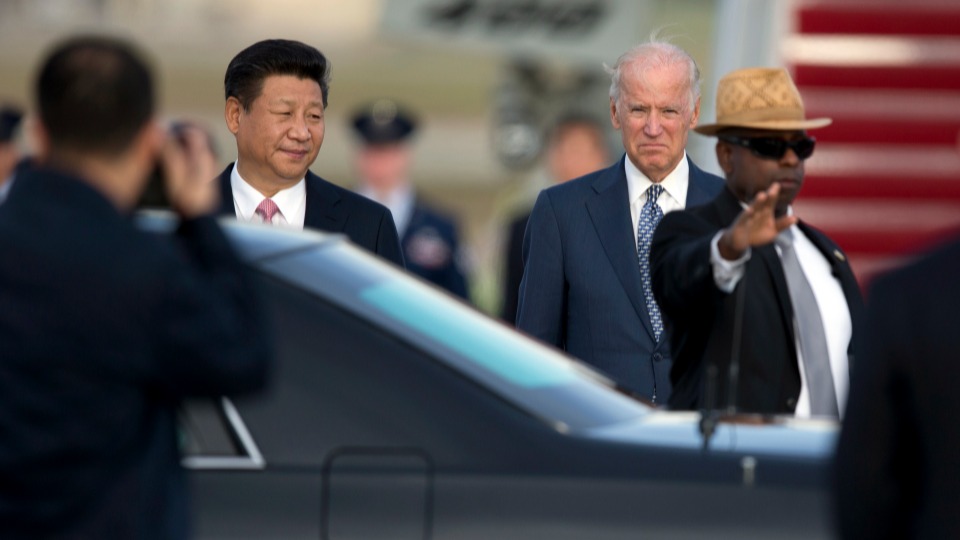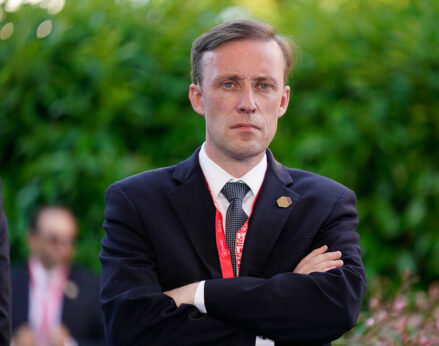 | |
|
44th General Election
Right to Housing for All Canadians — an Election Issue
Evicting Homeless from Toronto Encampments Is the Crime
— Not Protesting It!

It’s possible that I shall make an ass of myself. But in that case one can always get out of it with a little dialectic. I have, of course, so worded my proposition as to be right either way (K.Marx, Letter to F.Engels on the Indian Mutiny)
 | |
|

– Peggy Morton –
COMMUNIST PARTY OF CANADA (MARXIST LENNINST)
The fight of women and families for modern child care and early childhood education goes back more than fifty years as reflected in the report of the Royal Commission on Women released in 1970, which called for such an endeavour.
Since then, the need has only become greater as one government after another has made sure it has not created a national child care program as a right. The cartel parties treat child care as an electoral football to attract votes while different governments use complicated systems of credits and create budget categories of various sorts which families have to wade through as they fend for themselves, juggle their finances and worry about the safety of their kids.
 For the past 28 years, the Liberals have repeated promises at election time to create child care “spaces.” All the cartel parties offer various forms of subsidies or tax rebates as partial payment to families for child care and early childhood education. Meanwhile the situation has gone from bad to worse. With average costs per child in major cities of from $1,100 to $1,700 or more a month, child care is both unaffordable and unattainable for most families.
For the past 28 years, the Liberals have repeated promises at election time to create child care “spaces.” All the cartel parties offer various forms of subsidies or tax rebates as partial payment to families for child care and early childhood education. Meanwhile the situation has gone from bad to worse. With average costs per child in major cities of from $1,100 to $1,700 or more a month, child care is both unaffordable and unattainable for most families.
It is now an accepted fact that affordable child care is a necessity in a modern economy. The pandemic further exposed the failure of the existing system and private business interests are calling for governments to provide more money for child care, saying they have a shortage of workers and want more women back in the workforce. These employers want to buy the capacity to work of more women, but they refuse to pay for the costs of child care needed for women to join or rejoin the labour force. The financial oligarchy expects that all these costs will be borne through user fees and from the public treasury.
Private interests also see child care as a “market” in which they want to expand their reach and control, with profits guaranteed by the state. One monopoly alone openly states it aims to capture an additional 10 per cent of the “market” which would increase the private for-profit share to 46 per cent from the current 36 per cent.
In a discussion organized by Women for Rights and Empowerment on September 8, the clear conclusion was that women are sticking to and fighting for our own demands. We set the standards, we take the measure. Working women have long established what we need to guarantee the right to child care and the rights of the workers who provide child care and early childhood education based on the needs of women and families and of the society itself.
Upholding the right to modern child care and early childhood education requires upholding the rights of the workers who care for and provide early childhood education. These workers are overwhelmingly women (around 96 per cent). While the average wage is just under $20.00/hour across Canada and Quebec many earn less and their jobs are often precarious. They have a right to decent wages, benefits and working conditions and all who are recruited abroad as cheap labour to care for our children must be given full status on arrival in Canada. The super-exploitation of migrant women brought to the country to care for children in private settings must be ended.
Quebec has had a program of $9 a day child care for many years. Sounds great of course, but the reality is that the waiting lists for licensed care are long, the number of spaces available has never come close to meeting the need, and workers are still low-paid. Everything indicates that the same Liberal promise of $10.00 a day child care within five years and 40,000 additional child care workers will never materialize.
With 1.3 million regulated spaces in Canada and Quebec pre-pandemic and 20 per cent of them closed during the pandemic, this leaves a shortfall of 280,000 spaces just to return to pre-pandemic levels. Around 63,000 child-care workers had lost their jobs as of February 2021 compared to the previous year. Promises over which nobody exercises control are murky indeed, the stock in trade of the parties vying for power.
The suspicion is that current promises will be part of neo-liberal programs to pay the rich to extend their reach and control of early childhood education and child care, replacing those programs which have closed with corporate chains subsidized by the public purse while women and families have to continue to fend for themselves for access and cover “their share” of the costs. Workers on night shifts need not apply!
Through the half-century long fight since the 1970 Royal Commission, women and their advocacy organizations have established the standards of what constitutes modern child care and early childhood education based on the needs of women, families and society. This is the measure, not the competing claims and cynical promises of the parties vying for power.
High-quality child care must be available for all who need it, especially the most marginalized, and without “user fees.” Centres must be properly staffed, appropriately located, and provide a modern standard of care. Indigenous peoples must have control over all aspects of the care of their children. There can be no place for private ownership and control, and all pay-the-rich schemes should be ended and recognized as a source of corruption which robs child care of needed resources.
The possibility for innovative new arrangements are endless. Child care, along with other public enterprise and services for all children including sports and culture, nutritious and delicious meals and education must activate the human factor/social consciousness. One thing is certain: we cannot rely on governments which pay the rich to create the modern institutions we require and must fight to create them ourselves just as we must fight to establish an education system which serves the needs of a society which seeks to humanize the social and natural environment.
There are roughly 5 million children under the age of 12 in Canada, and about 1.3 million licensed child care spaces. These include 636,157 full and part day centre spaces for 0-5 year olds, 570,022 centre spaces for school-age children to 12 years and 143,647 regulated family (home) child care spaces for 0-12 year olds.
Statistics Canada reported in June 2021 that in 2019 there were nearly 302,000 child care workers in Canada. One third were immigrants or non-permanent residents. Twenty-five per cent of child care workers were self-employed. From February 2020 to February 2021, around 63,000 or 21 per cent of child care workers in licensed facilities became unemployed. In comparison, total employment in Canada decreased by three per cent over the same period. Women make up 96 per cent of the child care workforce. In addition, many migrant workers employed as caregivers on temporary work permits in their employers’ homes also lost their jobs when their employers began to work from home or left the work force.
In 2019, on average, child care workers were making $19.97 per hour, compared to average hourly earnings of $27.91 for workers in all other occupations. Keep in mind that this average is somewhat misleading, given the fact that the highest paid receive remuneration several times greater than what the lowest paid receive.
Prior to the pandemic, about 28 per cent of families in the work force with children had a child in licensed child care. From February 2020 to February 2021, at least 20 per cent of all licensed day care spaces had closed, and it is uncertain how many will be closed permanently. Many of those which closed were operated as “not for profit” centres by community groups or voluntary operators.
According to an RBC Economics report, nearly 100,000 women aged 20 and older have left the labour force since February 2020, 10 times the number of men who left the labour force. The 2016 Canadian census found that both couples without a post-secondary education and single parents had decreased participation in the paid labour force from 2005 to 2015. The high cost of child care and education as well as housing etc. are considered major factors in this decline.
In 2016, around 36 per cent of regulated spaces were operated on a for-profit basis. Large corporate chains are expanding, with one such company alone having a stated goal to capture 10 per cent of the Canadian child care “market.” As with long-term care for seniors, for-profit child care has been shown to pay poorer wages, have fewer highly trained staff and a higher rate of failure to comply with legislated staff/child ratios.
(With files from Childcarecanada.org, Statistics Canada and the Canadian Centre for Policy Alternatives)






SOCIALISM IS;
STATE CAPITALISM AND ELECTRICITYV. I. LENIN